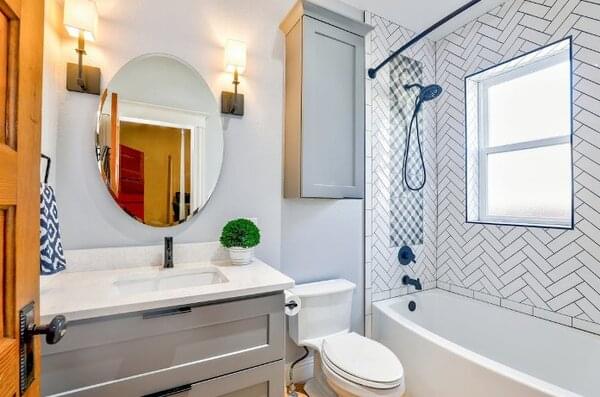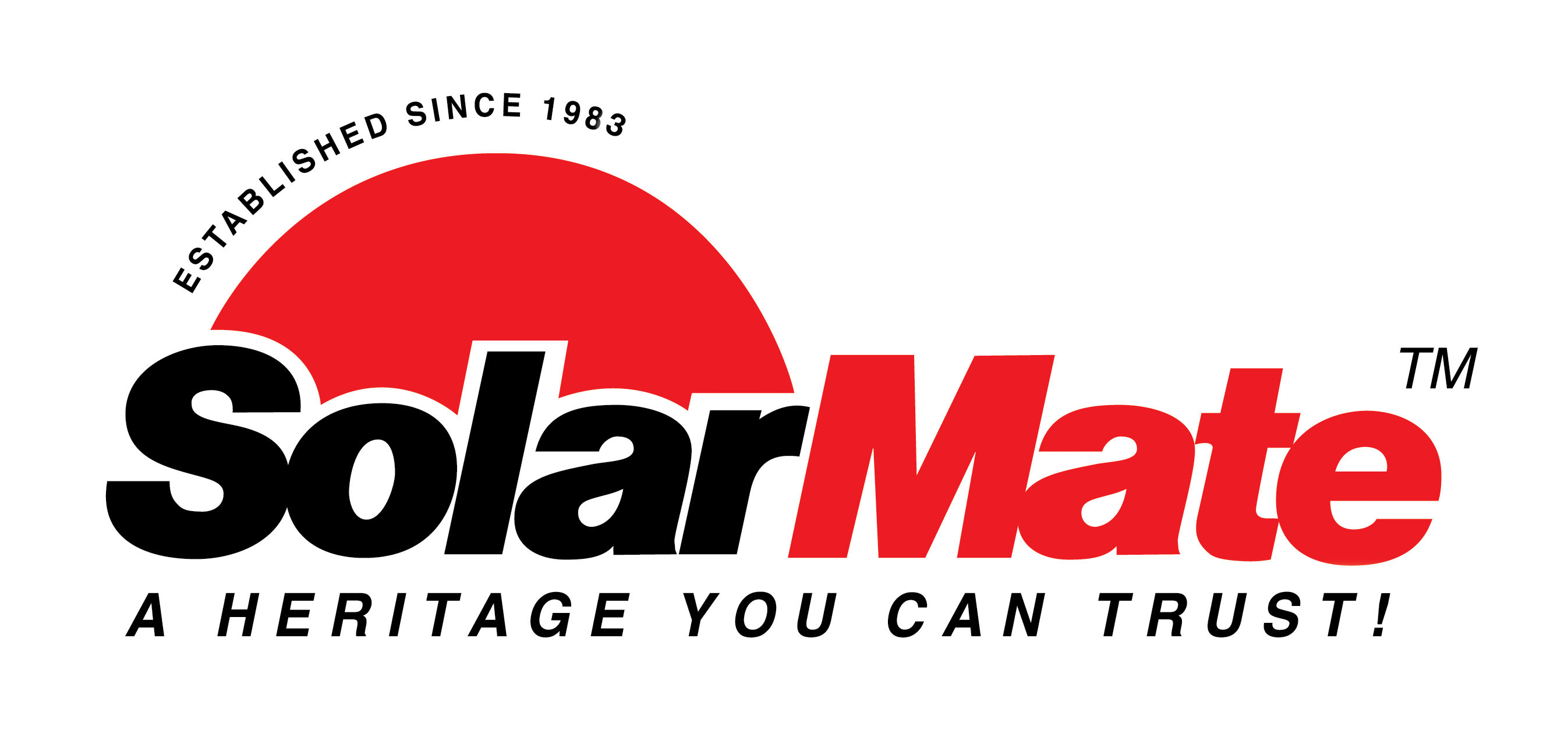
To cope with high hot water demand, hotels use a centralized heatpump water heating system with a variable speed water pump to regulate and circulate water through a riser pipe connecting all guest rooms.
When the hot water demand is low, the hot water that is stored in the calorifier tank will be circulated at a slow pace throughout the riser pipe to all guest rooms.
This is to ensure water is not stagnant and heat doesn’t dissipate to the surrounding area. Whereby during peak demand (morning/night shower sessions), a variable speed pump will speed up to deliver hot water to every riser outlet.
The reason to pre-heat hot water and store it in a calorifier is because water has a high specific heat capacity of 4.2 J/g°C. A large amount of energy is required to raise the temperature of water by 1°C.
Scaling this up to the hotel industry, which typically hosts over 300 guests at a time, it is not viable to heat up water on demand as it may take up to a few hundred thousand watts (kW) of energy consumption.
Heatpump is a reliable and energy saving technology to heat water up to a comfortable temperature for use. Modern heatpumps have a high Coefficient of Performance (COP) of up to 6.0, meaning up to six times the energy input can be saved to heat up the water.
Temperature can be controlled and set by a heatpump machine, regardless of the input temperature. This fixes the weakness of instant heaters, which are typically designed with a fixed kW.
In the event of a low input water temperature (a chilly night) or a user tuned to a higher flowrate of water, the output temperature will be reduced, affecting the overall user experience and comfort.
What Type of Hot Water System Do Hotels Usually Use? Can This Apply to Residential Houses?
Typical households don’t require as much hot water consumption, so they don’t need to invest in HWS heatpumps. A solar water heating system is a suitable green and energy saving solution for a hotel with fewer than 100 guests or a household that doesn’t have a bathtub in each bathroom.
However, larger families or house owners that wish to equip each bathroom with a bathtub or jacuzzi will require an energy efficient system that is similar to the methodology used by the hotel industry.
With proper engineering design, it is possible to scale down and implement this system for residential households.
Major Features of Hot Water Systems in Hotels Which Can Be Adapted to Residential Homes
1. Affordable Heating
The heating system makes use of low-amperage operation of the fan and compressor. This saves up to 83% energy in comparison to propane gas. Boilers also manage to heat homes in a better manner compared to forced air systems. A hot water system is a regular, uninterrupted supply of hot water in houses.
2. Energy Saving Heating
When compared to instant electric heaters, hot water systems use up to six times less energy than instant shower heaters.
3. Reliability
Heatpump HWS is neither reliant on sunshine like solar water heating systems nor on a steady LPG gas supply like burner systems. Electricity is all it takes to power the heater. There is virtually no downtime due to things like the rainy season or nighttime (an absence of sunlight), or waste gas rejection due to incomplete combustion.
4. Environmentally Friendly
The R417a used in the Hot Water System as heating media is a high-performance refrigerant and is ozone-friendly. A high COP ensures a lower amount of electricity is used to heat up water, conserving the environment from excessive energy consumption.
5. Hot Water On Demand
Storing heated water inside a tank assures the availability of hot water for various applications. Hot water systems are a much better investment option because they last longer and add value to your home.
Final Takeaways
While solar hot water systems are ideal for households or hotels with low hot water consumption, HWS heatpumps are undeniably more reliable and efficient water heating systems to meet user expectations for water comfort.
Waterco HWS continues to be the chosen provider of heating solutions in Malaysia because of its extended lifespan and minimal maintenance requirements. The excellent customer service team and spare part availability also play an important role in upholding the remarkable market reputation.
